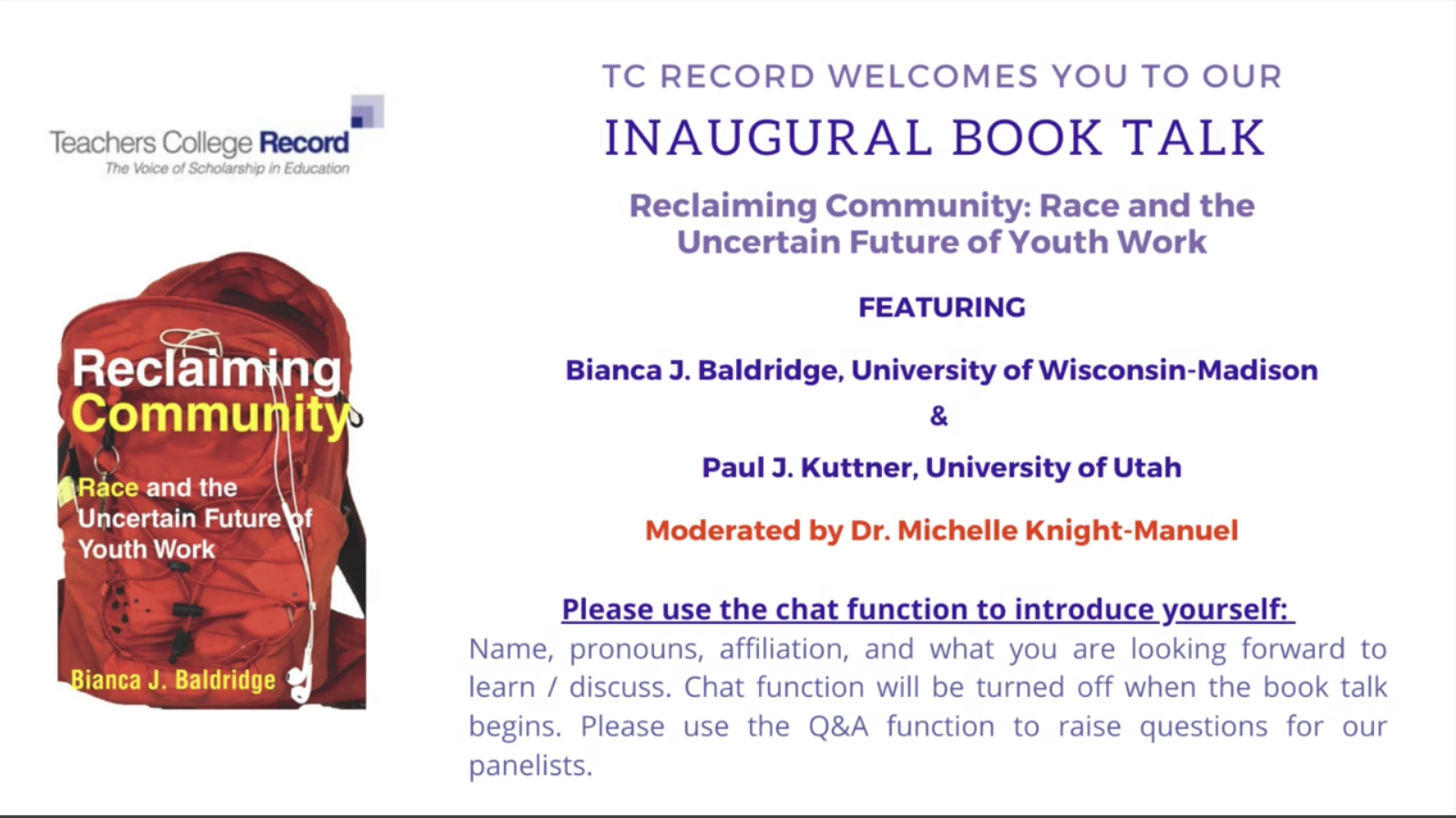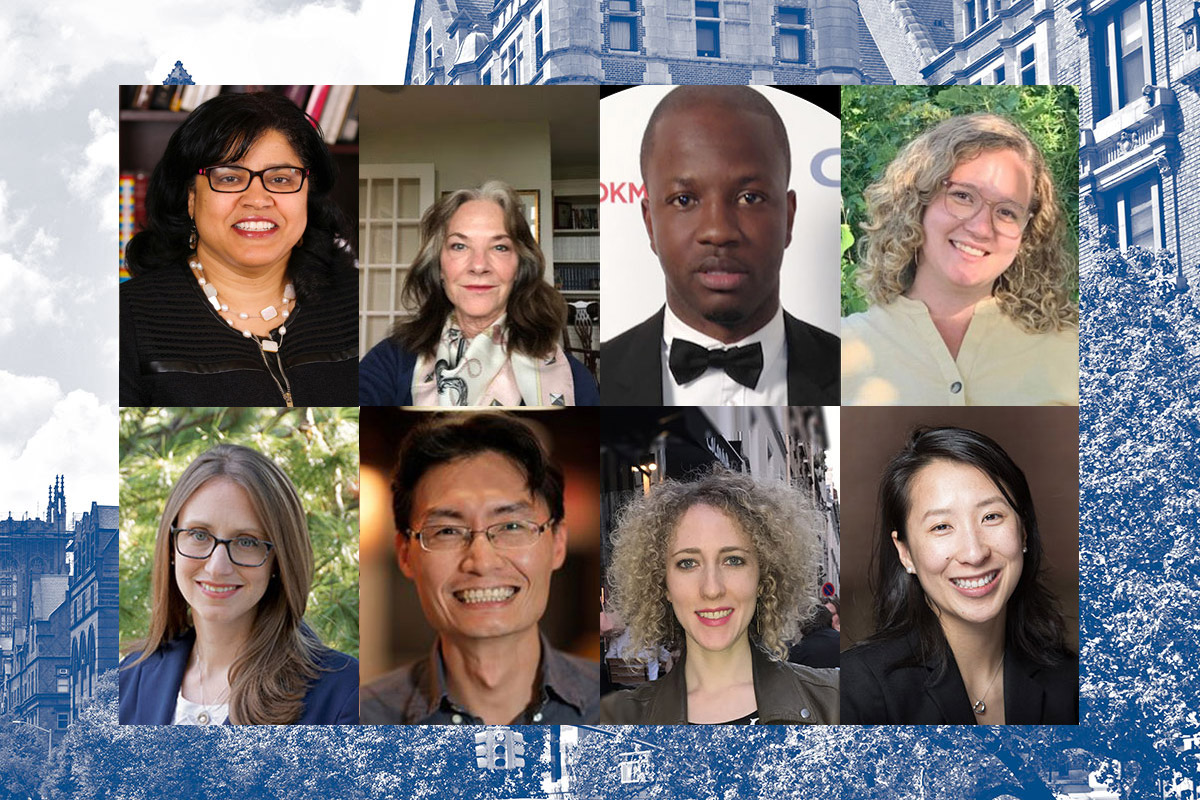Change often begins or is given wings where ideas are born and made — in academia itself. Witness the bold makeover that, during the past year, has been in the works at the Teachers College Record (TCR), the College’s prestigious 120-year-old education journal — a process intended to help launch a sea-change in the nature of academic research.
“The Record calls itself ‘the voice of scholarship in education,’ but what voices are we actually representing?” asked TCR’s new Executive Editor, Michelle Knight-Manuel, Professor of Education, upon taking over the publication late in 2019.
In the past, according to a content review initiated by Knight-Manuel — a former middle school ESL/French teacher and college advisor whose own research has focused largely on the experiences and needs of immigrant students — the answer was: primarily authors from high-profile American research universities who focused chiefly on American K–12 education. Missing were researchers and educators working at — or affiliated with — community colleges, institutions primarily serving people of color, public school districts, research institutes and community organizations.

That picture emphatically changed with the January 2021 issue of the Record — the first with main feature content chosen by Knight-Manuel and her staff.
Articles in the new issue included:
“They #Woke: How Black Students in an After-School Community-Based Program Manifest Critical Consciousness”;
“Invisible Shifts In and Out of the Classroom: Dynamics of Teacher Salary and Teacher Supply in Urban China”;
“Are Progressive Texts Necessarily Disruptive? Investigating Teacher Engagement with Gendered Textbooks in Ugandan Classrooms”;
“White Supremacy and Teacher Education: Balancing Pedagogical Tensions when Teaching about Race”;
And “Before the Ad: How Departments Generate Hiring Priorities that Support or Avert Faculty Diversity.”
“We set out to expand our focus to post-secondary education and international education, and incorporate perspectives such as feminist post-structuralism, critical race theory, and equity and social justice,” says Knight-Manuel. “Our authors include not only full professors, but postdoctoral students, independent researchers, graduate students and assistant professors.”
